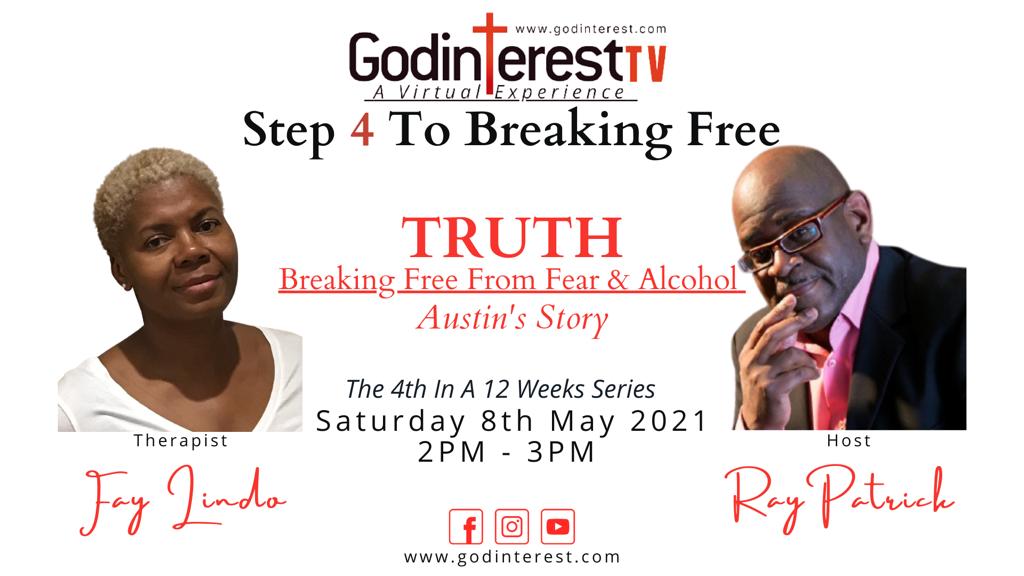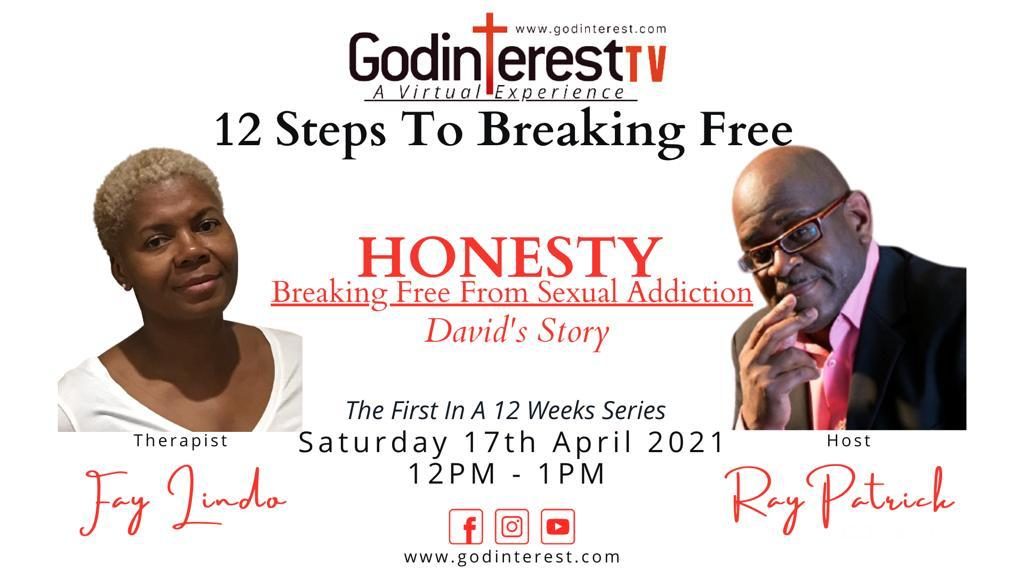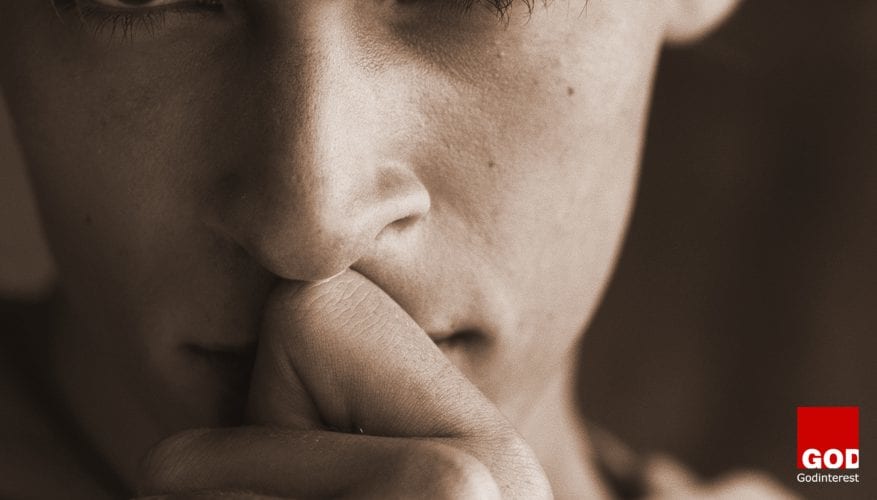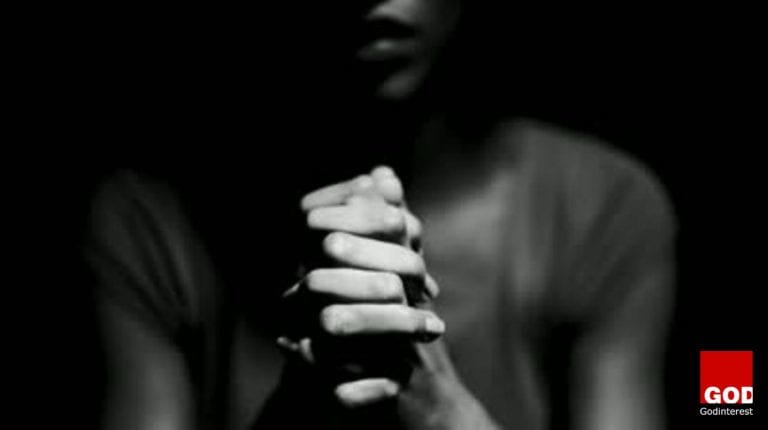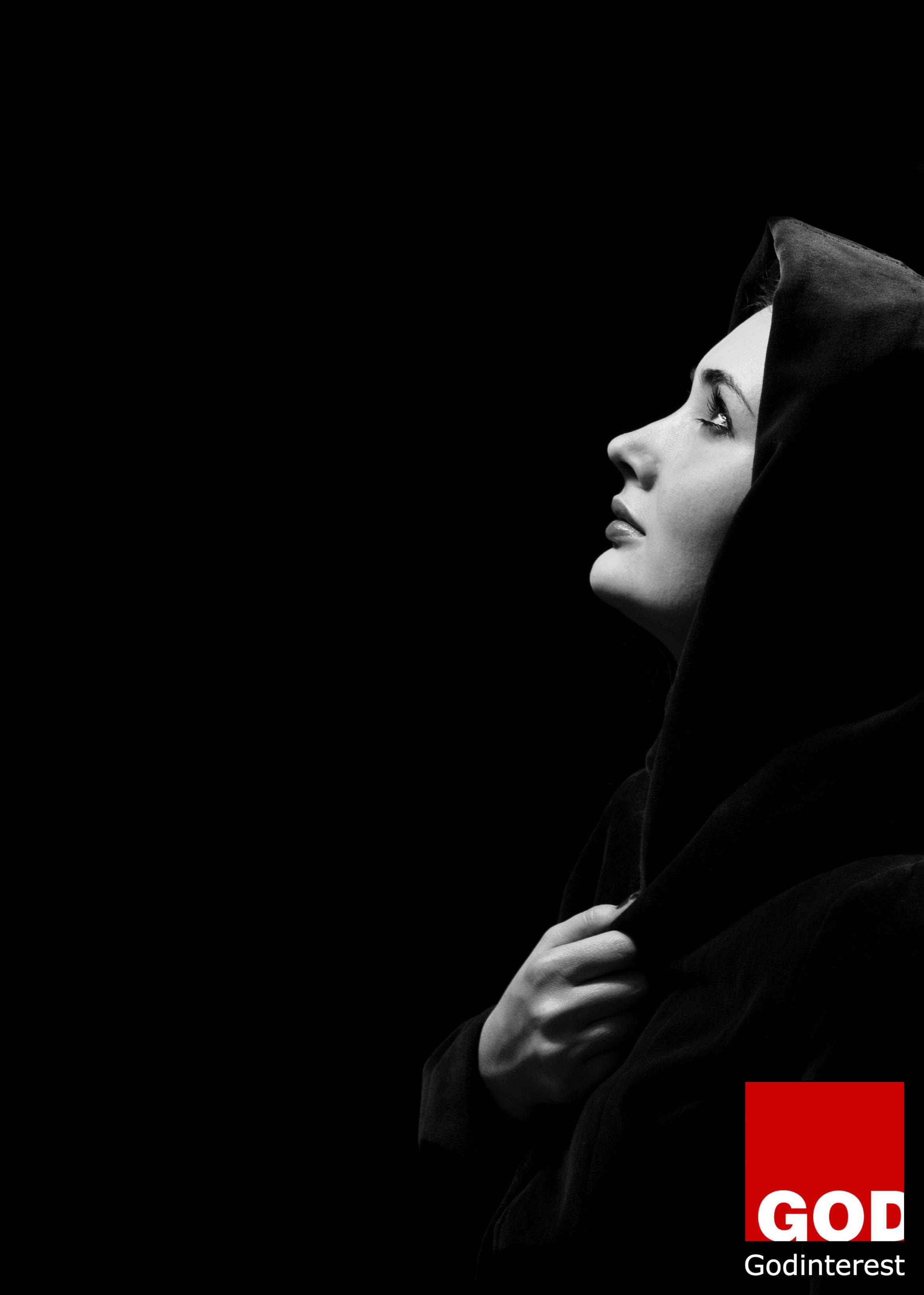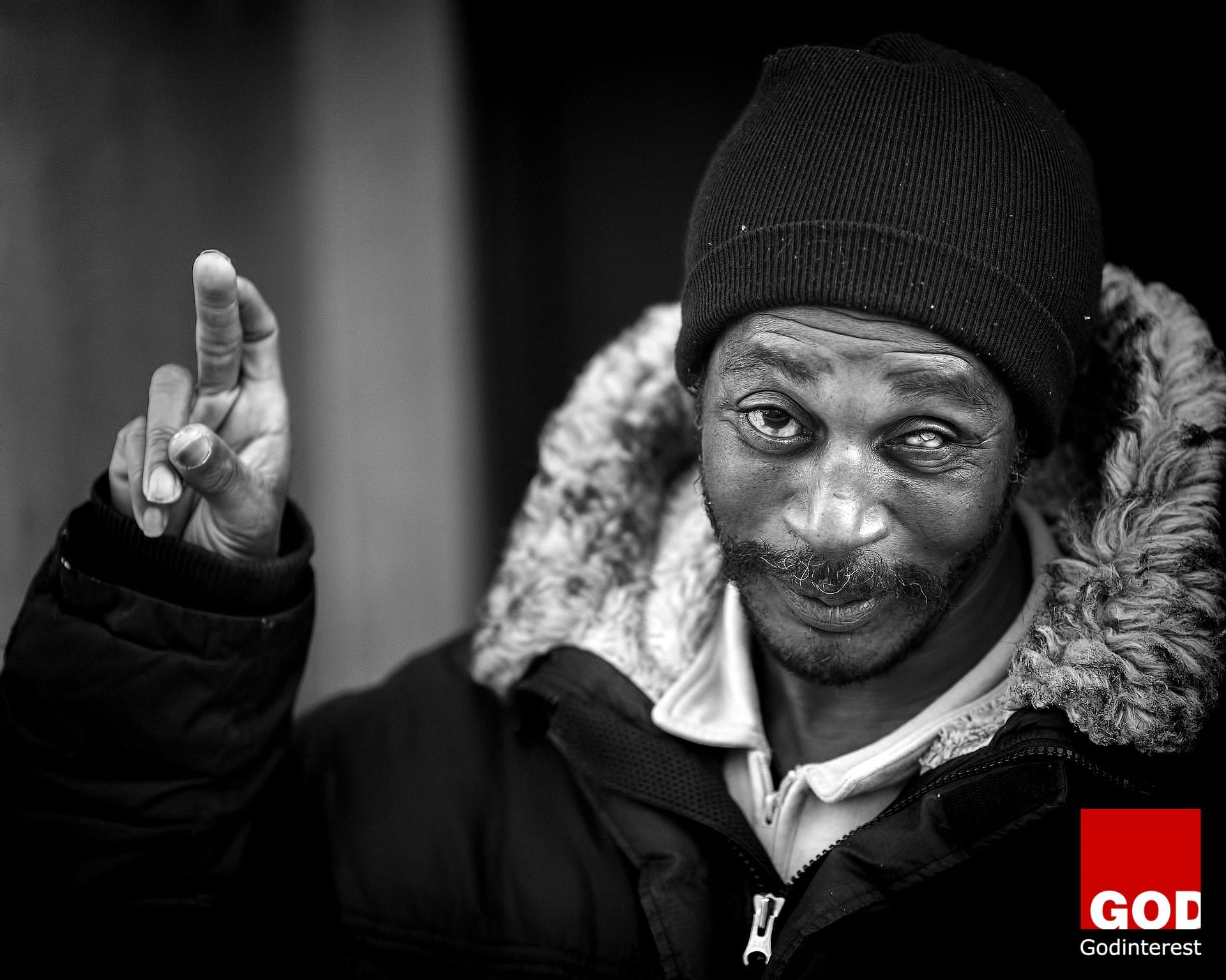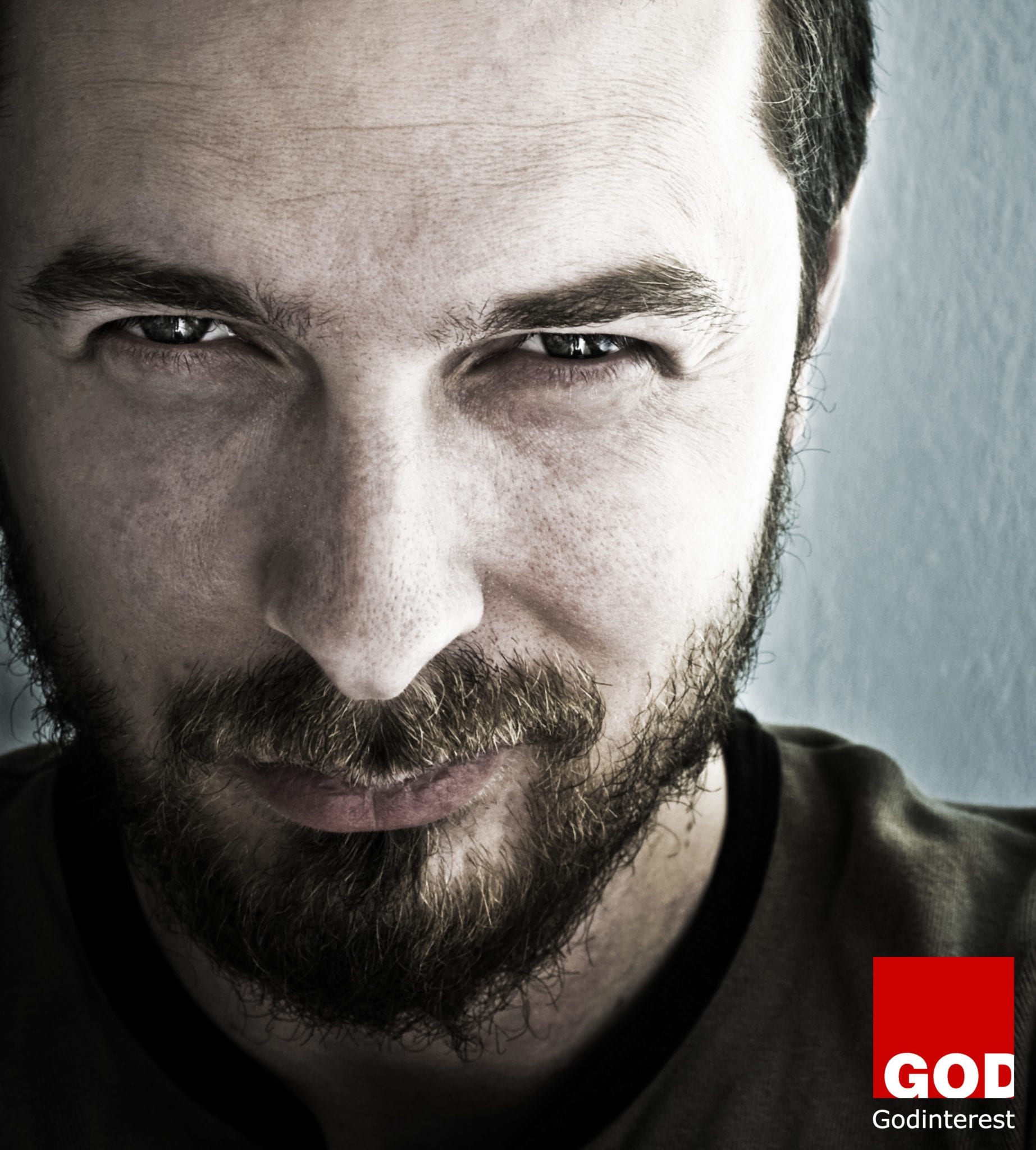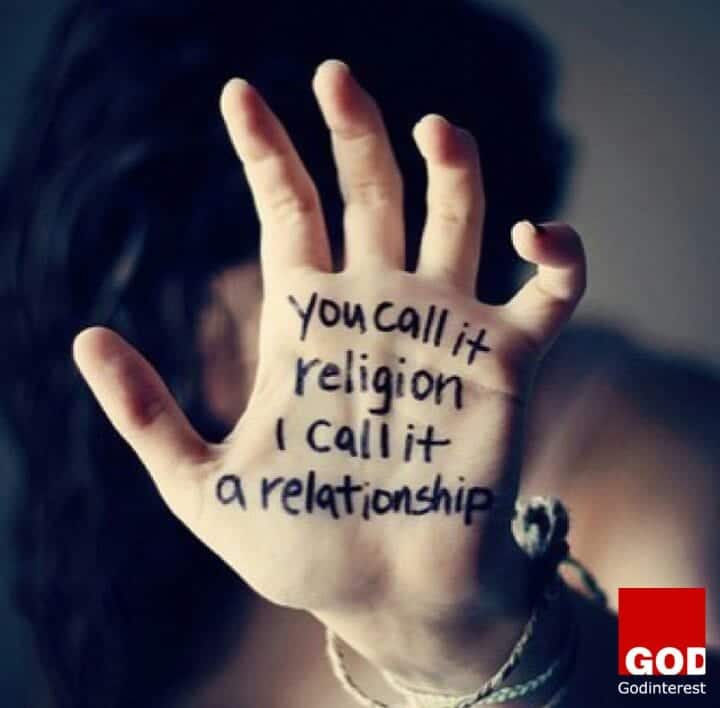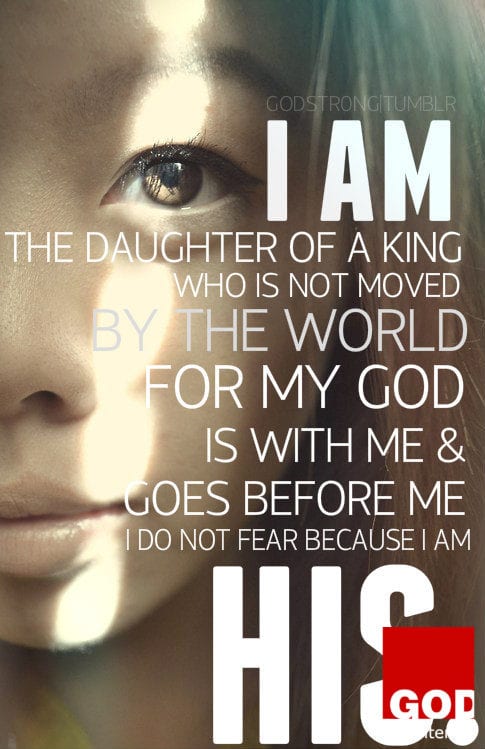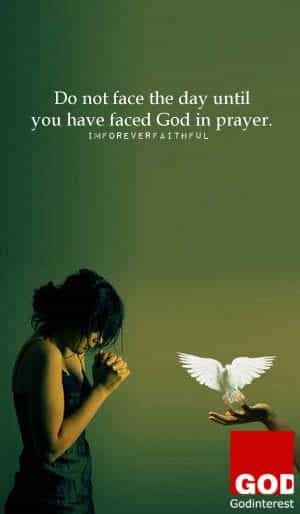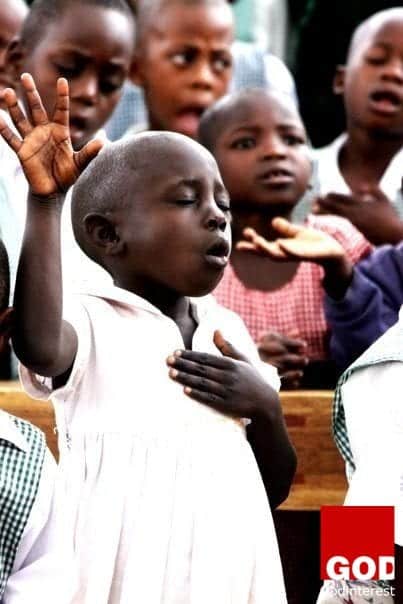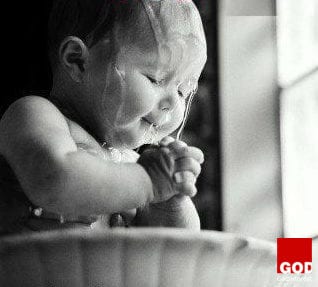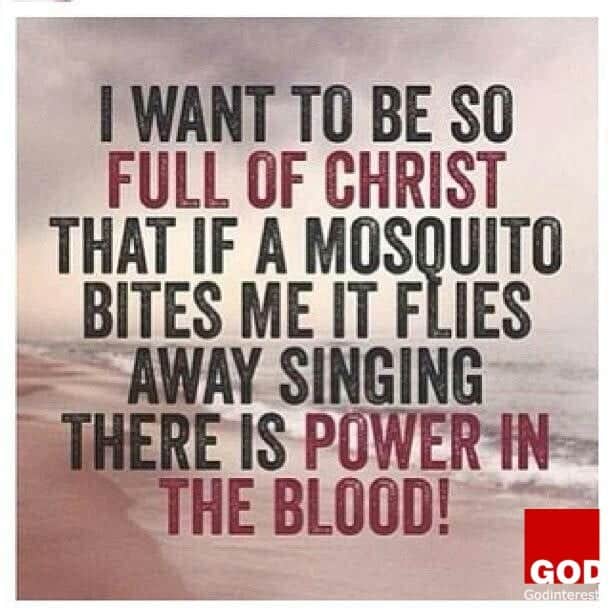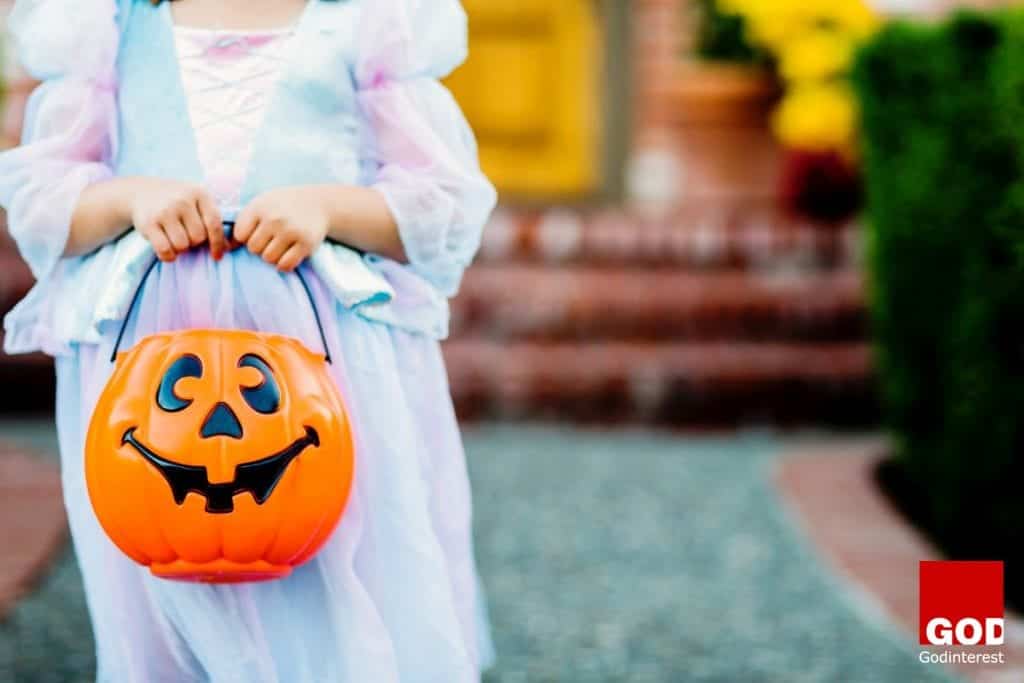The name Halloween derives from the Roman Catholic holiday All Saints’ Day, The Feast of All Saints, or All Hallows’ Day (hallow means “to make holy” or “consider something sacred”), celebrated on Nov. 1.
All Saints’ Day commemorates the saints who have not been assigned a special day in the calendar of the Roman Catholic Church. The day before All Saints’ Day was called All Hallows’ Eve, from which Halloween is derived.
According to the Encyclopedia Britannica, the origin of Halloween goes back to a festival of the Druids, an order of pagan priests in ancient Gaul and Britain, in pre-Christian times: “In ancient Britain and Ireland, the Celtic festival of Samhain was observed on Oct. 31, at the end of summer.
This date was also the eve of the new year in both Celtic and Anglo-Saxon times and was the occasion for one of the ancient fire festivals when huge bonfires were set on hilltops to frighten away evil spirits. The date was connected with the return of the herds from pasture, and laws and land tenures were renewed. The souls of the dead were supposed to revisit their homes on this day, and the autumnal festival acquired sinister significance, with ghosts, witches, hobgoblins, black cats, fairies, and demons of all kinds said to be roaming about. It was the time to placate the supernatural powers controlling the process of nature.
The Celtic festival of Samhain, which signaled the commencement of winter, consisted of the eve of the feast and the day itself (Oct. 31 and Nov. 1). It remained popular among the Celtic people even after the Christianization of Britain in the fifth century. The Christian church in Britain adapted the feast of Samhain by adding the Christian celebration of All Saints’ Day to the festival. Until the eighth century, the Feast of All Saints was celebrated on May 13.
It seems that because the British custom to celebrate All Saints’ Day on Nov. 1 had spread to other countries, Pope Gregory IV (827-844) transferred the feast of May 13 to Nov. 1.
The New Catholic Encyclopedia claims the reason was, “because provisions were inadequate for the numerous pilgrims coming to Rome in May,” but it acknowledges that some believe “the November feast originated in Gaul and was immediately adopted in Rome.”
Irish and Scottish immigrants introduced All Hallows’ Eve observances to the United States, and after the massive immigration of the Irish during the potato famine (1845-1852), Halloween became a national festival.
The custom for children to go trick or treating from door to door also goes back to the ancient Druid priests, who would go from house to house demanding food for their own consumption as well as for offerings to their deities. If the people in a home would not provide them with food, they would speak a demonic curse over the home, and, history claims, someone in the family would die within the year.
Halloween and its customs have no roots in Scripture or in the Christian church. They are firmly rooted in the occult and in pagan practices. These connections, however, are today forgotten or made light of. Nevertheless, any practice derived from the occult is incompatible with the teachings of Scripture (Leviticus 20:6).
Since many people no longer believe in the existence of a personal devil and his demons, they feel there is no harm in making fun of these “religious relics of the past.” The children are taught that there are no such beings as witches and evil spirits and that it is fun to dress up as ghosts or goblins. The modern denial of the existence of Satan and demonic forces is clearly contrary to Scripture. From Genesis to Revelation, the Bible affirms the existence of Satan and demonic spirit beings (Genesis 3:1; Job 1:6; Matthew 8:31; Revelation 12:9).
Godinterest is a work in progress. We do hope we get it right, and we firmly believe that getting it right means using our voice online, even on controversial topics. The Christian voice is important, and silence does no one any good. It’s worth the trouble to figure out how to do this, even if it means stumbling along the way.
We must no longer be children, tossed to and fro and blown about by every wind of doctrine, by people’s trickery, by their craftiness in deceitful scheming. But speaking the truth in love, we must grow up in every way into him who is the head, into Christ, from whom the whole body, joined and knit together by every ligament with which it is equipped, as each part is working properly, promotes the body’s growth in building itself up in love. (Ephesians 4:14-16)




